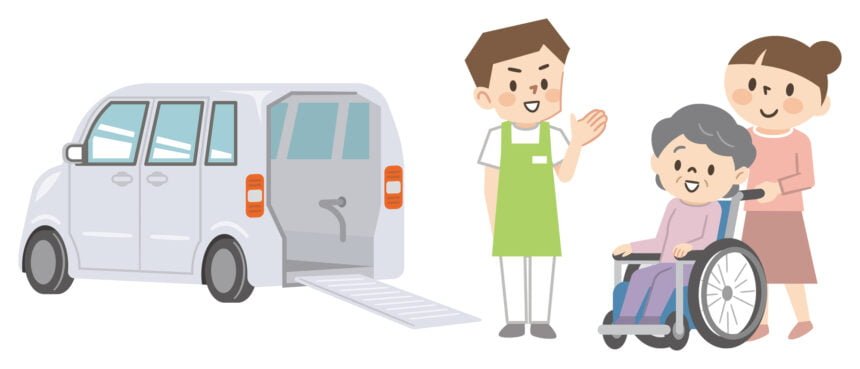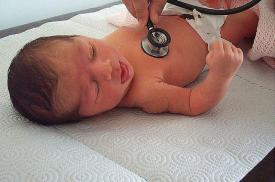In healthcare, it’s common to hear buzzwords thrown around. In the past we have given you a handy guide for navigating the tricky acronyms elder care professionals and caregivers frequently come across.
Given the complexity of innovation in the healthcare field, it’s sometimes tough to keep up the development of new care delivery models and all the details related to Medicaid and life insurance. Recently two community-based care models have garnered a great deal of attention: the patient-centered medical home (PCMH) model and the concept of Medicaid health homes.
While patient-centered medical homes and health homes share some similarities, there are key differences in how each model enhances care for those with chronic conditions and supports aging in place. We break those down for you here:
The Patient-Centered Medical Home (PCMH) Model
Proposed in 2007 by the American Academy of Family Physicians (AAFP), American Academy of Pediatrics (ACP), American College of Physicians (AAP), and American Osteopathic Association (AOA), the patient-centered medical home model aims to provide comprehensive, coordinated, and continuous care for all populations from children to seniors. It requires a team-based, physician-led approach that seeks to enhance the role of primary care and organize care around the patient. According to the Patient-Centered Primary Care Collaborative, clinicians practicing within the medical home model:
- Assume responsibility for the ongoing care of patients and coordinate care over multiple settings
- Are more accessible to patients by providing expanded hours, easier scheduling, and remote consultations by phone and email
- Utilize electronic personal health records
- Conduct regular checkups and encourage preventative care
Medicaid Health Homes
As of early 2011, the Patient Protection and Affordable Care Act (ACA) health reform law established “health homes” as a Medicaid option to provide services specifically for beneficiaries with chronic conditions. Health homes are designed to a person-centered, integrated care model that coordinates medical care, behavioral health services, as well as community and social supports.
What Medicaid patients are eligible for participation in a health home?
- Those with two chronic conditions
- Those with one chronic condition and risk of a second
- Those with one “serious and persistent” mental health condition
According to the ACA, health homes must provide the following services:
- Comprehensive care management
- Care coordination and health promotion
- Transitional inpatient to outpatient care
- Individual and family support
- Referrals to community and social support services
- Services linked through health information technology
In many states the health home model builds upon the medical home model, expanding the linkages and breadth of services to support the needs of those with chronic illnesses. The goal of the Medicaid home health model is to improve clinical outcomes and overall healthcare quality for persons with long-term conditions, as well as reduce per-capita healthcare expenditures by delivering more effective, coordinated care. Unlike the PCMH model, States have flexibility to determine eligible health home providers. The provider may be a designated professional such as health clinic or home health agency or a team of health professionals which may include mental health workers, dieticians, nurses, and pharmacists.
What has your experience been with community-based care delivery models such as PCMH and Medicaid Health Homes?








